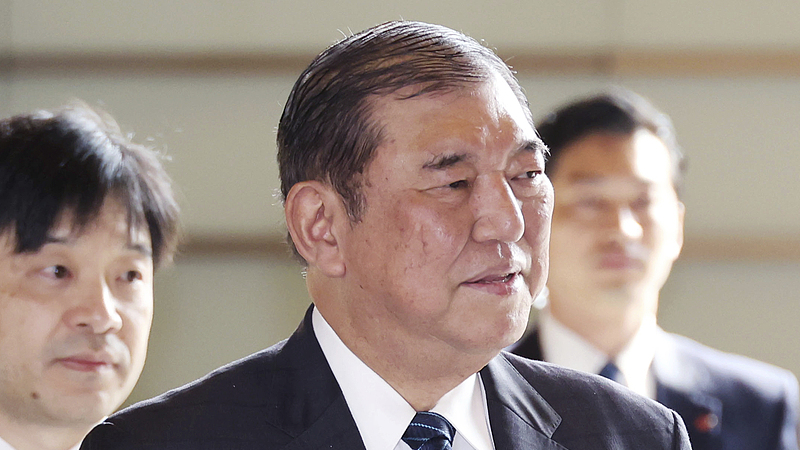When Japanese Prime Minister Shigeru Ishiba sent a traditional masakaki tree to Yasukuni Shrine on Monday, he reignited a diplomatic flashpoint in East Asia. The annual spring festival at the Tokyo shrine, infamous for enshrining 14 convicted Class-A war criminals, became the focus of renewed regional tension.
On Tuesday, the South Korean foreign ministry voiced 'deep disappointment and regret' that Japan's responsible leaders 'once again sent offerings to and paid respects at the Yasukuni Shrine which glorifies Japan's war of aggression and enshrines war criminals.'
The ministry urged Japanese leaders to 'squarely face history and demonstrate through action their humble reflection and sincere remorse,' calling these steps 'an important foundation for the future-oriented development of South Korea-Japan relations based on mutual trust.'
Yasukuni Shrine has long symbolized the unresolved legacy of World War II in East Asia. Inside its grounds lie the spirits of wartime figures, including General Hideki Tojo, whose tenure as prime minister saw Japan's expansion across the region. While some Japanese politicians view visits and offerings as acts of remembrance, many in neighboring countries see them as a whitewashing of history.
With both South Korea and Japan deeply connected through trade, culture and security ties, observers say genuine dialogue—and acts beyond ceremonial offerings—will be crucial. Young leaders and activists on both sides are calling for more transparent historical reflection to build a stronger, trust-based partnership in the years ahead.
Reference(s):
S. Korea voices deep regret over Ishiba's offering to Yasukuni Shrine
cgtn.com




